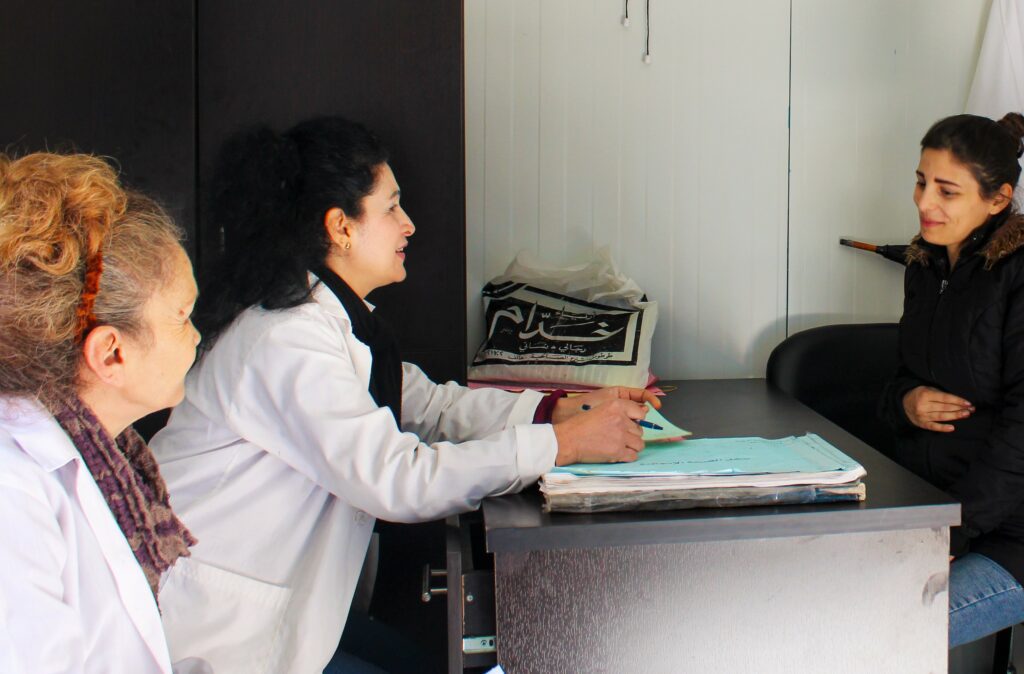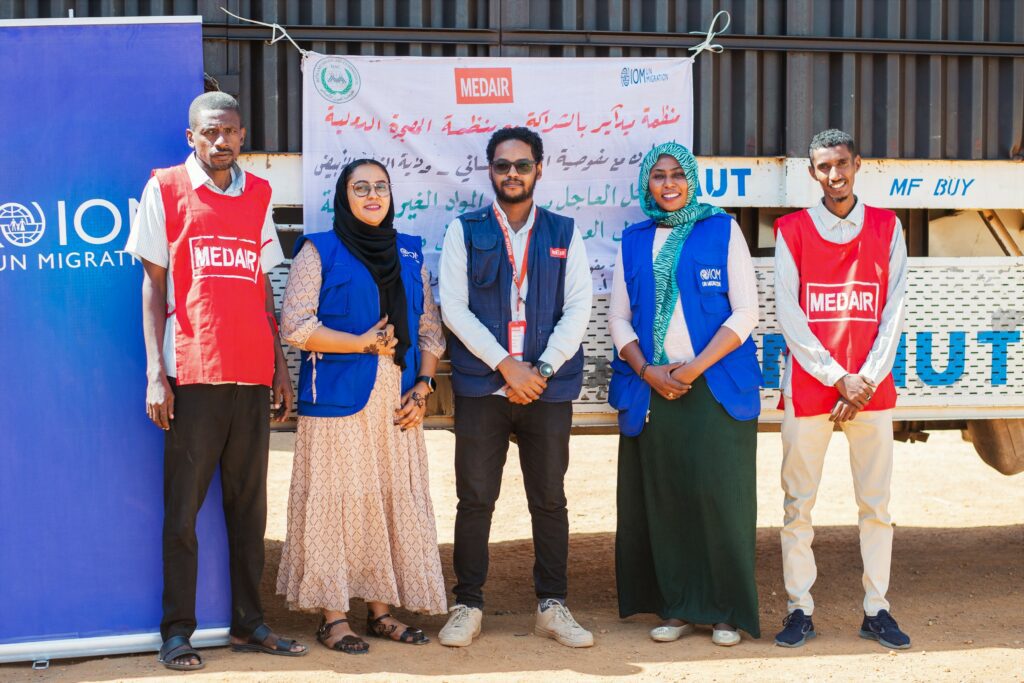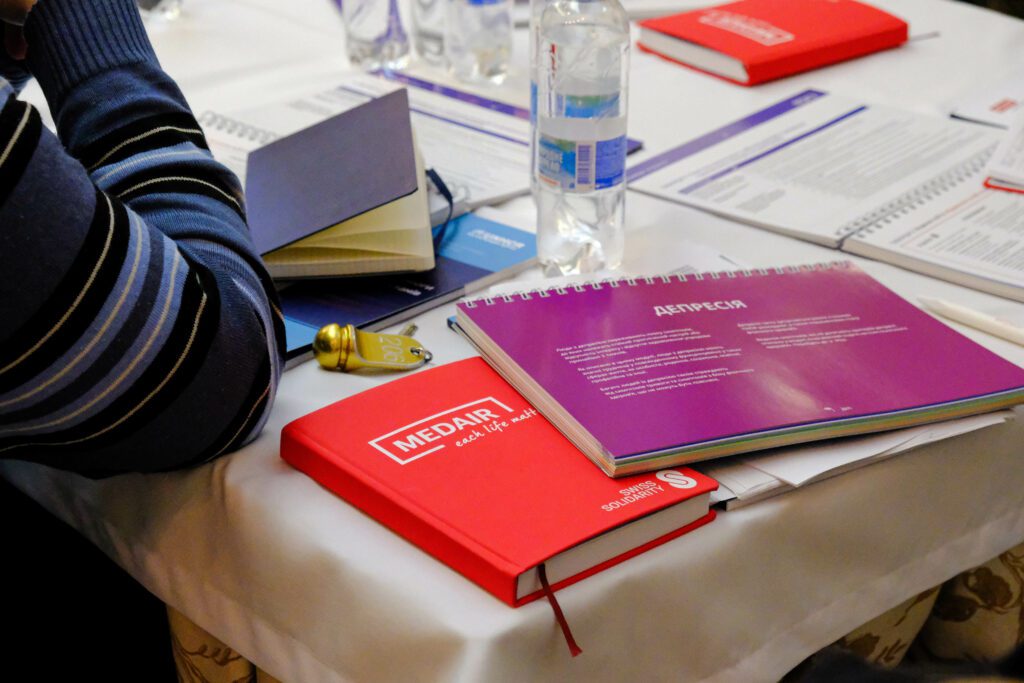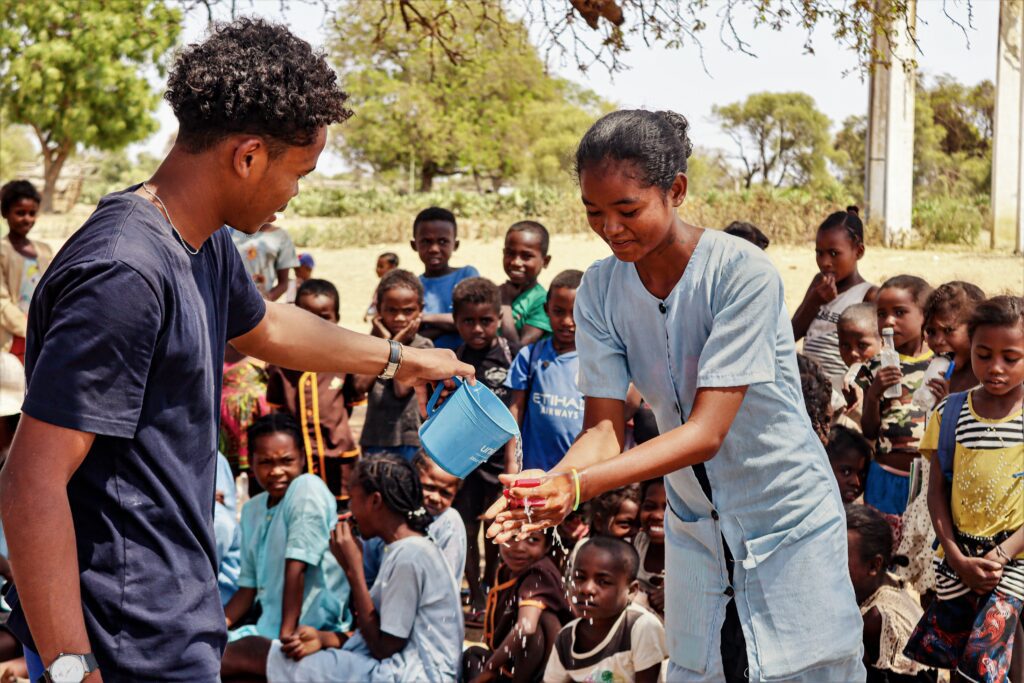People who are already living in difficult situations are likely to become more vulnerable when a pandemic strikes. Anne Reitsema, Operations Director at Medair, tells us how an aid agency manages an epidemic like COVID-19.
Medair responds in some of the world’s most remote and devastated areas. How is the COVID-19 health crisis affecting these countries?
Some of the countries we work in do not have the appropriate health staff or medical equipment to deal with COVID-19. Not only does the pandemic affect the population’s general health, but it also indirectly affects the countries’ social and economic health. The strong measures which have been implemented to contain the virus, such as the limitation on social interaction and traveling, have caused wage loss and unemployment among the most vulnerable households.
Moreover, many large multi-generational families live in makeshift shelters. How can they implement social distancing and proper hygiene practices meant to contain the virus, especially when they don’t have access to enough soap and clean water?
What are you doing to respond to COVID-19?
Medair is a Swiss emergency & relief organization.
We have a proven track record in crisis management. We are currently running a COVID taskforce, whose role is to monitor the situation and plan appropriate responses. Its main goal is to continue saving lives through the provision of essential services such as nutrition, health, and water, all the while making sure our staff and beneficiaries are exposed to as little risk as possible.
We are continuously adapting our efforts to the current needs. For example, in isolated regions like Afghanistan or in refugee camp settings like Bangladesh, we are now handing out larger portions of nutritional supplements to the most vulnerable in order to limit their comings and goings to our clinics, and thus, limit contamination risks.
Medair is also implementing a specific COVID-19 response. First of all, we are focusing on raising awareness and communicating key prevention messages. Secondly, we are making sure highly vulnerable people like refugees, displaced families, and host communities continue receiving life-saving support. Finally, in partnership with the Health Ministries and other aid organisations, our health teams are identifying and isolating suspect and confirmed cases.
What do you need in order to better respond?
A sanitary crisis of this magnitude requires massive resources, such as staff, material and funding. No one could have predicted this pandemic. Before it occurred, the UN had forecast that a record number of 168 million people in the world would require humanitarian support in 2020. That number is now higher due to COVID-19.
The challenges we now face are forcing us to be creative and are encouraging us to join forces with partners in the private sector.
The use of new technologies has become more relevant to overcome these challenges. In Lebanon, for instance, we are working with private IT companies to map all COVID-19 operations carried out by various responders.
Communicating with the people we serve remains crucial because many isolated households lack clear information on the virus. No stone is left unturned when it comes to disseminating prevention messages: we use Whatsapp in DR Congo, and local radio channels in South Sudan, to name a few.
In Lebanon, our therapists do video calls with Syrian refugees and vulnerable Lebanese to support their mental health.
What about mobilisation at the international level?
People in Switzerland, in Europe, and in the rest of the world know how serious the situation is and are showing us how generous they are. But their generosity is not only financial. We’ve been surprised by how brave our national and international staff has been; they have chosen to stay where they are and continue serving the most vulnerable. Beyond the tragedy, we must recognize the acts of kindness and compassion which make a difference and save lives.
What can a person do to support your work?
Although we are very thankful for the amazing acts of solidarity, a lot remains to be done.
When the pandemic reaches countries with compromised health systems, the consequences could be catastrophic. Today, more than ever, it is essential that we not forget the people who have limited means. We must work together to fight this virus, and in order to defeat it, we must be where the poorest and most vulnerable are.
If you want to know more about our work and would like to support us, please visit www.medair.org.
On behalf of the global Medair team, I would like to thank you wholeheartedly for your support.
This article was published in the April 11 Stay Home thematic supplement of Tribune de Genève and 24 Heures.





